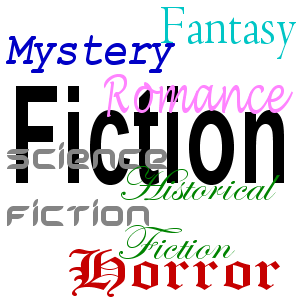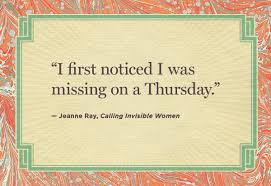 I had a segment of my book critiqued today and got dinged on the POV. I couldn’t believe it. The reviewer was correct. I was jumping into the head of several of my main characters throughout the segment.
I had a segment of my book critiqued today and got dinged on the POV. I couldn’t believe it. The reviewer was correct. I was jumping into the head of several of my main characters throughout the segment.
I know that for whatever reason, this writing 101 concept does not come easy for me. I also know, that if you want a book published, you had better get the POV under control.
I sent my novel to an agent, prematurely I might add, and she was kind enough to reject it with reasons why. I was head hopping. To be honest, I had never heard that term before. Being a novice, untrained in the art of creative writing, I’ve had to learn my way around this world. There’s a lot more to it than being able to string a group of sentences together.
The secret to making your POV work is limiting it to one perspective per scene, chapter, or book. When you start jumping around from one POV character to another in the same scene/paragraph/sentence you have committed a cardinal sin. HEAD HOPPING.
If you are writing in Third Person, which I do, and Lauren is your POV character, you can’t write–Lauren said she would meet Janie at the mall, but Janie didn’t believe her. I was just in Lauren’s head and Janie’s head. How am I suppose to know what Janie is thinking, if I’m limited to Lauren’s POV? What you could write is –Lauren said she would meet Janie at the mall, but she could tell from her friend’s response, that she didn’t believe her.
Hope this helped somebody.
-Jan R
 I do a lot of critiques for different writers during the week. Some of the writers are very polished; others, not so much.
I do a lot of critiques for different writers during the week. Some of the writers are very polished; others, not so much.
 When you write a novel, one of the things you’re probably going to experience, is the mayhem in the middle. You have a great story idea, with a great beginning and a great ending. The only problem is, you haven’t thought about what happens when you get to the middle.
When you write a novel, one of the things you’re probably going to experience, is the mayhem in the middle. You have a great story idea, with a great beginning and a great ending. The only problem is, you haven’t thought about what happens when you get to the middle. I read and write romance novels. I have to admit I’m a hopeless romantic. I just love stories where boy meets girl, you throw in a little conflict (okay a lot), but everything works out in the end, and they live happily ever after.
I read and write romance novels. I have to admit I’m a hopeless romantic. I just love stories where boy meets girl, you throw in a little conflict (okay a lot), but everything works out in the end, and they live happily ever after. You want to write a novel, and you have a great idea, but you’re not sure how to start. Everybody knows that first line, that first sentence, is extremely important. It has to be right.
You want to write a novel, and you have a great idea, but you’re not sure how to start. Everybody knows that first line, that first sentence, is extremely important. It has to be right. I know I’m suppose to write in the active voice, but why? What is the difference between active voice and passive voice and why does it matter?
I know I’m suppose to write in the active voice, but why? What is the difference between active voice and passive voice and why does it matter? When writing, remember less is more. Stay away from qualifiers. They weaken your prose, and the result is the exact opposite of what your were trying to achieve. I know why you use them. I’m hooked on ‘very’. Other people are hooked on the word ‘too’. If you are resorting to qualifiers for emphasis, odds are, you are using the wrong word in the first place.
When writing, remember less is more. Stay away from qualifiers. They weaken your prose, and the result is the exact opposite of what your were trying to achieve. I know why you use them. I’m hooked on ‘very’. Other people are hooked on the word ‘too’. If you are resorting to qualifiers for emphasis, odds are, you are using the wrong word in the first place. I occasionally review older blogs I have written for content and ideas. I have been blogging for a year and a half now, and have to admit, there are days I’m at a loss as to what to write, or just don’t have the time to sit down and produce a blog I would want to read.
I occasionally review older blogs I have written for content and ideas. I have been blogging for a year and a half now, and have to admit, there are days I’m at a loss as to what to write, or just don’t have the time to sit down and produce a blog I would want to read.